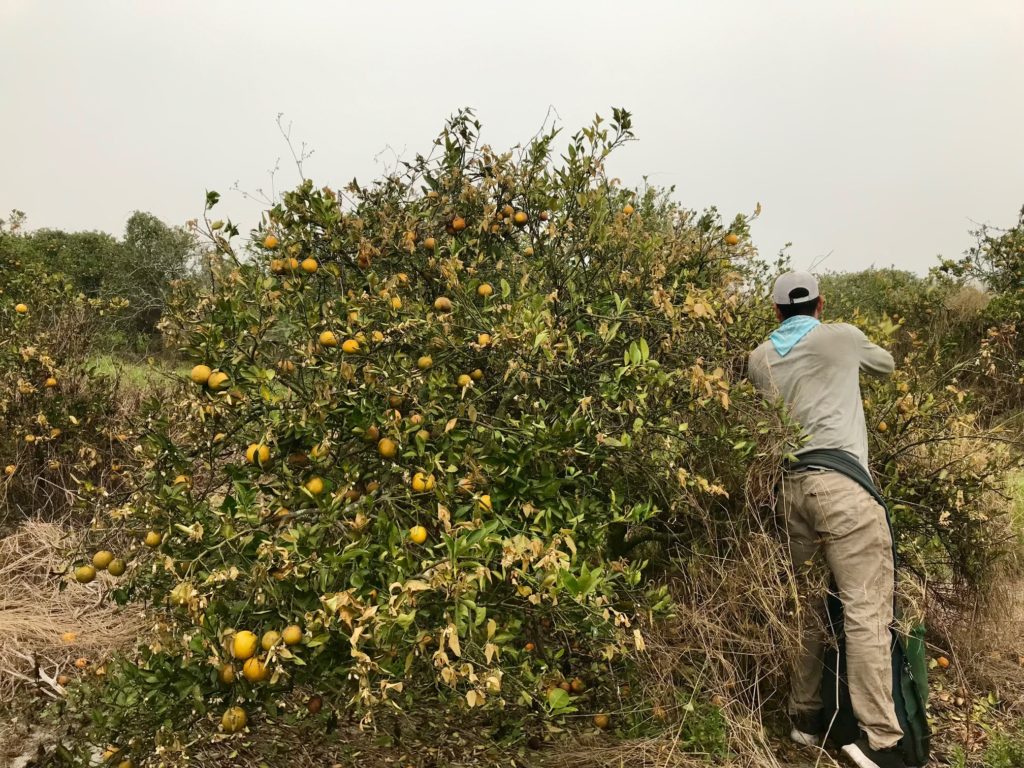Florida Gov. Ron DeSantis on Feb. 2 issued an executive order declaring a state of emergency in many counties where citrus and other agricultural commodities were affected by a Jan. 28–30 freeze. It specifically gives state officials authority to relax restrictions on commercial vehicles to facilitate an emergency harvest.
“The relaxation of the restrictions on commercial vehicles is necessary to transport vulnerable crops to processing sites without delay,” the order declares.

Counties where the state of emergency exists are Brevard, Broward, Charlotte, Citrus, Collier, DeSoto, Hardee, Hendry, Hernando, Highlands, Hillsborough, Indian River, Lake, Lee, Manatee, Martin, Miami-Dade, Monroe, Okeechobee, Orange, Osceola, Palm Beach, Pasco, Pinellas, Polk, Sarasota, Seminole, St. Lucie, Sumter and Volusia.
The order specifically gives the secretary of the Florida Department of Transportation authority to waive hours of service requirements and the size and weight restrictions for commercial vehicles transporting citrus or other commodities. It allows for establishment of alternate size and weight restrictions for the duration of the emergency. The order is effective for 60 days. The order does not allow vehicles to exceed weight limits posted for bridges and like structures.
The order further authorizes the director of the Division of Emergency Management to “suspend the effect of any statute, rule or order that would in any way prevent, hinder or delay any mitigation, response or recovery action necessary to cope with this emergency.”
The governor’s office stated that the Florida Division of Emergency Management has been working with numerous agencies, including the Florida Department of Citrus “and other agricultural industry partners” to respond to the freeze.
Florida Commissioner of Agriculture Nikki Fried on Feb. 2 asked the governor to allow suspension of size and weight restrictions of vehicles transporting citrus and other agricultural commodities “so that impacted farmers can move as much product as possible while it is still salvageable.”
Source: Gov. Ron DeSantis









